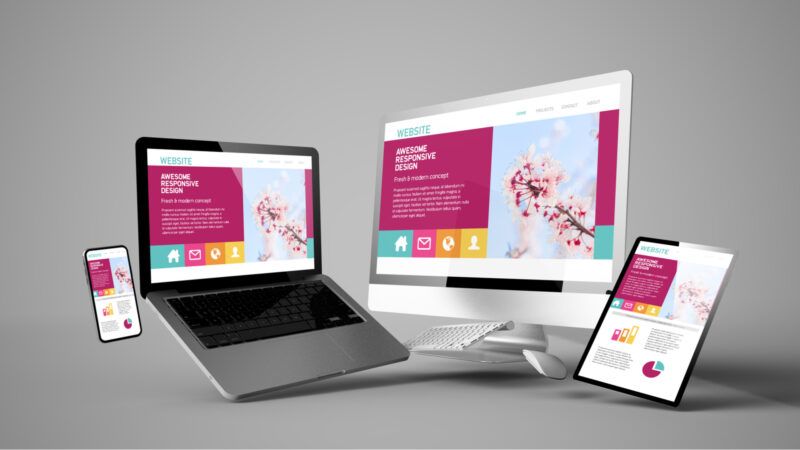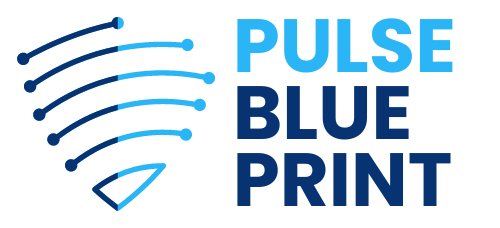Let’s talk about something a lot of folks don’t want to admit: your website development budget might be a little, well… off. And that’s okay! Budgeting for a website is not a skill most of us are born with. It’s easy to underestimate what it takes to build something truly great. So, let’s have an honest, no-judgment conversation about why your budget might need some adjusting.
The Reality of Website Costs

When you think about building a website, you might picture a designer working on layouts, some developer typing code furiously, and voila—a site! But creating a high-quality, functional website is so much more than that. It’s a dance between creativity, strategy, technology, and time.
A lot of people start with a ballpark number in their head, often based on what they think a site should cost. But without considering factors like functionality, integrations, and scalability, that number can be wildly off-target.
Why a Proper Budget Matters
A well-thought-out budget is the backbone of a successful project. It’s not just about paying the professionals; it’s about creating a roadmap that aligns your needs, goals, and expectations.
Here are a few reasons why budgeting appropriately is crucial:
- It keeps you realistic: Knowing what’s feasible helps you avoid disappointment.
- It saves time: A solid budget helps everyone work efficiently, reducing back-and-forth revisions.
- It builds trust: When you work with a professional web design agency, a clear budget signals you’re serious about your goals.
What Impacts Your Website’s Price?

You might be wondering, “Why do some websites cost $500 and others $50,000?” Let’s break it down into the factors that can impact pricing.
1. Size and Scope
A simple five-page website is going to cost a lot less than a massive e-commerce platform with custom features. The more pages and functionality you need, the more hours of work go into creating it.
2. Design Complexity
Do you want something minimalist and clean or a site with bold animations and interactive features? Complex design elements take time and often require specialized skills.
3. Custom Development
If your website needs unique features like custom databases, advanced filtering, or integrations with third-party tools, expect a bump in the budget. Off-the-shelf solutions might not cut it if your needs are highly specific.
4. Content Creation

Don’t forget the words, images, and videos that will live on your site. High-quality content doesn’t create itself. Professional copywriting, photography, or video production can significantly enhance the site—but at a cost.
5. Maintenance and Updates
A website isn’t a “set it and forget it” kind of thing. Regular updates, hosting, and maintenance fees need to be part of your ongoing financial plan.
Signs Your Budget Might Be Too Low
Not sure if your budget is realistic? Here are a few red flags that could mean you need to reevaluate.
- You expect champagne results on a beer budget: Wanting all the bells and whistles for a bargain price isn’t going to get you far.
- You’ve compared quotes and they’re all higher than expected: If multiple agencies are quoting above your budget, the issue might not be them—it might be the scope of what you’re asking for.
- You’re prioritizing cost over quality: Cutting corners now often leads to paying more later to fix problems or rebuild entirely.
Setting a Realistic Budget
Creating a realistic budget for your website isn’t as daunting as it might seem. It’s all about aligning your goals with your resources and understanding the value of what you’re investing in. By taking the time to prioritize and consult with professionals, you can avoid unnecessary surprises and set yourself up for success. Let’s break it down further.
Ask Yourself the Right Questions

Before you start crunching numbers or reaching out for quotes, it’s crucial to know exactly what you need from your website. A little introspection here goes a long way.
- What is the purpose of the site?
Is your website a digital storefront, an informational hub, or a portfolio showcasing your work? Knowing the primary objective will guide decisions on design, functionality, and content. For example, an e-commerce site with hundreds of products will naturally require a larger investment than a simple blog. - Who is my target audience?
Your website isn’t just for you—it’s for the people who will use it. Are you targeting tech-savvy millennials, busy professionals, or a niche community? Understanding your audience’s preferences and expectations can influence everything from design aesthetics to user experience (UX) features. - What features are essential?
While it’s tempting to dream big, start by focusing on what you truly need. Do you require a booking system, live chat, or advanced search capabilities? Listing these must-haves helps you differentiate between essentials and “nice-to-haves” that can be added later as your budget allows. - How will I measure success?
Think about what success looks like for your website. Is it driving more sales, increasing newsletter sign-ups, or simply having a professional online presence? Clear goals will keep the project focused and help you evaluate the ret
The Role of a Good Partner
Choosing the right team to work with can make all the difference. A reputable web design agency doesn’t just build websites—they help you define your vision, set realistic goals, and get the most value for your investment.
Working with professionals means you’re not just paying for the end result but for the expertise that ensures your site performs well, looks amazing, and achieves your objectives.
Final Thoughts
Website development isn’t cheap, but it’s one of the best investments you can make for your brand or business. It’s not just about having an online presence; it’s about creating an experience that connects with your audience, showcases your value, and drives results.
So, if your budget feels a little tight, take a moment to rethink. Talk to the experts, adjust your expectations, and focus on the long-term benefits. A little flexibility now can lead to something extraordinary later.
Hello, my name is James Willett. I am a marketing veteran, with decades of experience under my belt. At one point, I decided to share my experience with others, especially those who are making baby steps in marketing. Therefore, I decided to join fine folks at PulseBluePrint.com where I share my insights on all sorts of marketing. I hope you will find my insights useful.







